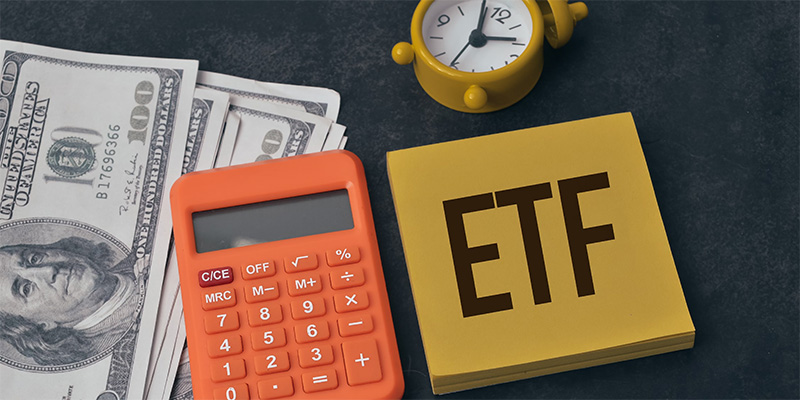
When You Should Make a Claim on Your Insurance
It’s funny how things get a lot more expensive when insurance companies get involved.

Buying a House Is Riskier than Investing in Stocks
I’m going to make a bold statement—well, it’s right there in the headline, so there goes the element of surprise.

No Worries
Generally, I aim to keep the electioneering out of my articles here at Jared Dillian Money.

How to Start Investing the Right Way
The best way to start investing—or investing the right way—is with mutual funds.
A mutual fund is a financial vehicle that's made up of a pool of money, collected from many investors. Unlike stocks, these don't trade on an exchange. Instead, you buy them from an issuer.
They invest your cash and give you fractional shares. Each shareholder participates proportionally in the gains or losses of the fund.
What you really get is professional asset management from people with MBAs and CFAs whose goal is to produce capital gains for you.
Sounds good, right?
Mutual Funds Can Help You Avoid Bad Decisions
Unfortunately, mutual funds have been in decline for 20ish years as exchange-traded funds have gained popularity. There are a couple of reasons for that.
The first is that ETFs are easier to buy and sell because they trade on an exchange.
That makes it easier to make bad decisions. You can check the action every five minutes on your broker's smartphone app. There's such a thing as too much information… having less of it can help you make good decisions.
The other reason that investors pick ETFs over mutual funds is that there are no "loads."
A lot of investors gravitate to no-load funds at companies like Vanguard, Fidelity, T. Rowe Price, and Janus. That means there is no sales charge when you buy.
And having the option to not pay fees puts some people right back in "bad decision" territory.
You Get What You Pay For
Let's say you invest $100,000 in a load mutual fund. You pay a $3,000 sales charge, so your initial investment is $97,000.
That load is not a bad thing. The longer you hold that fund, the more you amortize that sales charge over time. Over 10 years, that's three-tenths of a percent per year.
If you keep that money in, you have no additional sales charges. If you do take that money out, you must pay again if you want to put that money back to work.
If you're going to hold a fund for at least 10 years—and you should—you're more likely to choose wisely in the first place.
In other word, loads are good because they keep you invested.
“Free” Ends Up Costing You More
Fees eat into your performance initially, yes. But they don't determine your performance in the long run.
Remember, when you pay that $3,000 fee, you get professional asset management in exchange for it. Anyone who works at a mutual fund company has to get a Chartered Financial Analyst (CFA) designation. There's a lot of competition for these jobs, and capabilities don't come cheap.
Plus, higher fees tend to discourage the kind of stupid behavior we’ve seen with meme-stock trading these past few years. With zero commissions, people are making riskier bets—and a lot more of them—that they wouldn't make if they had to pay $8 every time they wanted to buy or sell.
It's easier than ever to buy mutual funds. Simply go to the issuer's website, link up your bank account, tell them what you want to buy, and sit back and watch your returns compound.
Mutual funds offer a good starting place for any investor. They can give you exposure to things like stocks, bonds, gold, and real estate. How much should you allocate to those? This guide can help you get started.

Jared Dillian, MFA
|

Establish a Healthy Relationship with Money
There are two types of people in this world: cheap f***s (CFs)—people who spend a little—and high rollers—people who spend a lot.
